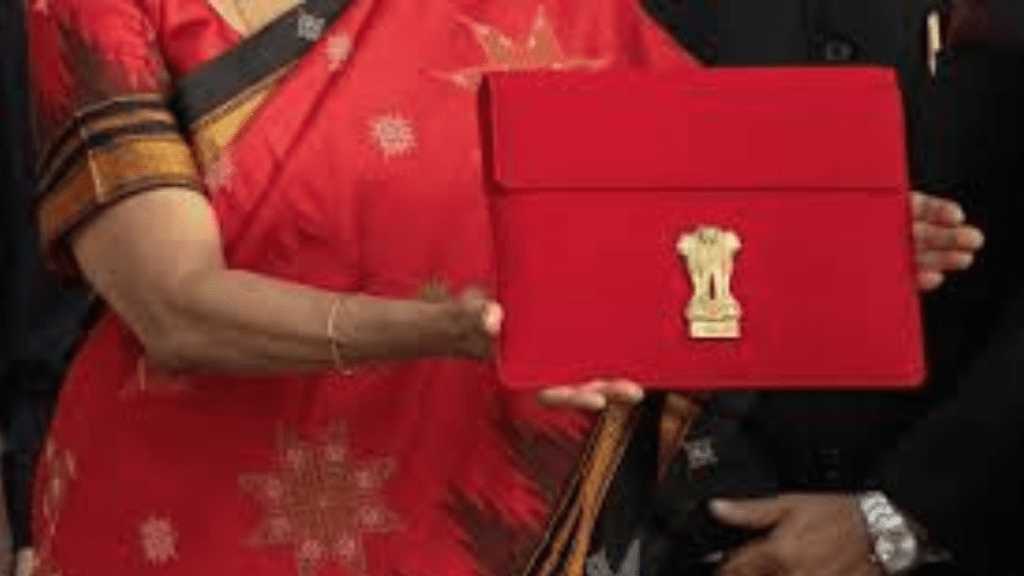By- Preeti Gupta
The start of Union Budget season catches the attention of individual taxpayers. The expectations from Budget 2024 are no different. Once again, individual taxpayers are keeping their fingers crossed, hoping for income-tax reliefs in this highly inflationary environment.
In the past few years, the focus of the government has been on easing compliance, reducing litigation and enhancing overall tax administration efficiency in India. As a result, a simplified New Tax Regime was introduced in 2020. Since then, the government has brought in several changes to make the new tax regime more attractive for taxpayers, such as higher basic exemption limit of INR 3 lakh, wider tax slabs, reduced surcharge of 25% on incomes above INR 5 crore, allowing standard deduction and increased rebate. The government is expected to introduce more changes in the new tax regime to make it even more appealing to taxpayers who are still opting for the old tax regime. This may involve either further relaxing the slabs by widening them or restructuring them. Currently, 30% tax rate is applicable on income above INR 15 lakhs. This may be increased to INR 20 lakh.
Increasing the limit under Section 80C has been a longstanding demand from taxpayers and financial experts in India. Section 80C allows individuals to claim deductions from their taxable income by investing in specified instruments and expenses. The current limit of INR 1.5 lakh has remained unchanged since 2014 despite inflation and rising living costs, leading to calls for its revision. To incentivize saving and investment and to keep up with the inflation rates, the government may consider increasing the deduction limit under Section 80C from INR 1.5 lakh to at least INR 2 lakh.
On similar lines, the existing standard deduction of INR 50,000 does not adequately cover the rising cost of living and may be increased to INR 1 lakh-1.25 lakh, which will be a significant relief to salaried taxpayers.
Healthcare expenses, including insurance premiums, have been increasing rapidly. Section 80D allows individuals to claim deductions for health insurance premiums paid for themselves, their spouse, children, and parents. Under the current scenario, a deduction of up to INR 25,000 is allowed for premiums paid for self, spouse and dependent children. An additional deduction of up to INR 25,000 (INR 50,000 in case of senior citizen parents) is allowed for premiums paid for parents. An increase in the Section 80D limit in the Union Budget would allow taxpayers to purchase higher coverage health insurance policies, ensuring better financial protection against medical emergencies. Further, bringing medical insurance premiums under a lower GST tax rate bracket (currently 18%) would make it more affordable.
The House Rent Allowance (HRA) exemption rule under the Income Tax Act is indeed a topic of interest and has been the subject of various discussions and proposals for revision. The existing HRA exemption limit was set decades ago and calls for a revamp owing to the fact that rental payments in recent times have been skyrocketing in both metro as well as non-metro cities. Currently, only Chennai, Delhi, Kolkata and Mumbai qualify as metro cities eligible for HRA exemption of 50% of salary. However, rentals in other major cities such as Gurgaon, Bangalore, Hyderabad, etc., have increased significantly in recent times. Thus, it is about time that other major cities are also included in definition of metro cities to qualify for exemption of 50% of salary.
The real estate sector plays a crucial role in economic growth through employment generation and infrastructure development. With the ever-increasing property prices and interest rates, homebuyers incur substantial interest payments. Increasing the deduction limit under Section 24(b) from INR 2 lakh to at least 3 lakh would provide financial relief and make homeownership more feasible. Further, Section 80EEA provides an additional deduction of up to Rs. 1.5 lakh on interest paid for home loans sanctioned between April 1, 2019, and March 31, 2022, for first-time homebuyers in the affordable housing segment. The government may plan to reintroduce the benefit under Section 80EEA, till March 2026, to give a much-required boost to the affordable housing segment.
All in all, individual taxpayers have high hopes from the upcoming Budget proposals expecting it to provide some relief to their pockets. It needs to be seen what the government brings to the table to manage the expectations of individual taxpayers.
(Preeti Gupta is with Deloitte Haskins & Sells LLP)
(Disclaimer: Views expressed are personal and do not reflect the official position or policy of Financial Express Online. Reproducing this content without permission is prohibited.)

